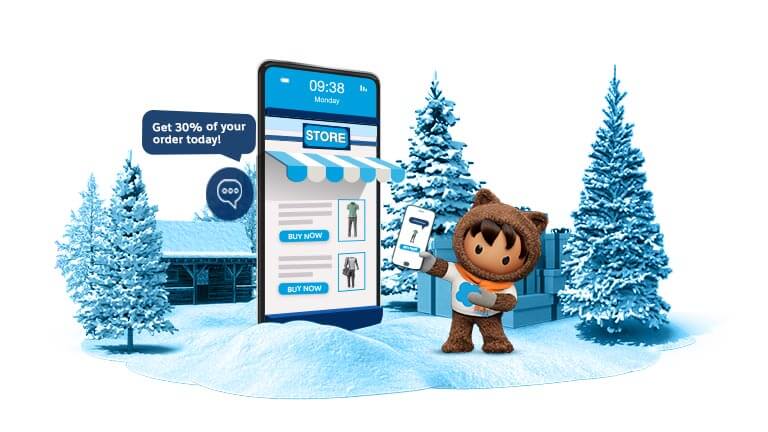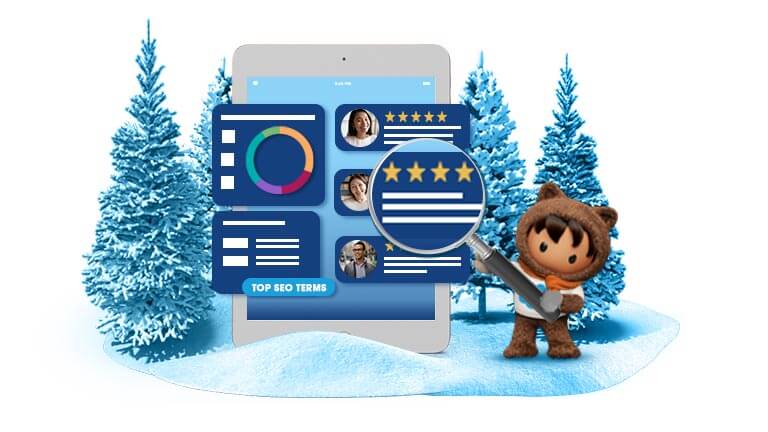Your 2020 Holiday Retail Strategy & Planning Guide
The 2020 holiday shopping season will make history. Not because of record-breaking sales or achieving predictions made in the pre-COVID era, but because it will look so different from seasons past. That makes forecasting and subsequent operational planning nearly impossible. Restricted travel, shipping capacity strains, unpredictable lockdowns, political unease, store closures, and heightened concerns over health and safety will shape the season.
There’s no doubt the pandemic is changing retail, from a flood of new digital consumers to requirements for contactless experiences. In Q2 2020 alone, digital commerce grew 71%. And with Prime Day in October versus its traditional July advent, there will be a seismic shift in retail demand that’s earlier than ever this holiday season. As retailers plan for the busiest shopping period of the year, an extra understanding of what shoppers need, extra thoughtful communication, and extra ways to shop will go a long way.

Get a complete view of your customer
Prepare your site for the surge in traffic
- Home Page: 100-250ms
- Product Search/Listing: 250-500ms
- Product Detail: 250ms-500ms
- Cart: 500-1000ms
- Checkout: 1,000-1,500ms
- Place Order: 1,500-2,000ms
- All Other Experiences: 500ms
1. Identify the most-visited storefront experiences
2. Determine the percentage of cached requests
3. Raise the percentage without invalidating the experience (e.g., improve caching without degrading personalization)
4. Find the percentage of cached content that’s not reused and prevent future caching of it
Give every experience a personal touch
- Site search: Embed AI into search dictionaries to surface the most relevant term based on behavioral and customer data.
- Product sort: Customize the order in which products appear in search and category pages based on shopper behavior.
- Product recommendations: Remove labor-intensive merchandising activities to deliver highly personalized product recommendations based on shopping behaviors.
- Commerce insights: Gain deep insight into products typically purchased together to create popular product bundles.
- Post-purchase emails: Deploy post-purchase emails with relevant new products. Use product recommendations sparingly, however, on receipts and account confirmations as a helpful, secondary element.
Use ecommerce to give back to your community
Chapters

Leading Through Change for Commerce with Dawn Foods

We Are All Moving Forward. Prepare Your Business for Industry 4.0

The How-to Guide for Bringing Your Brand and Consumers Together
More Resources

Welcome to Work.com

Covid-19 Response Playbook






